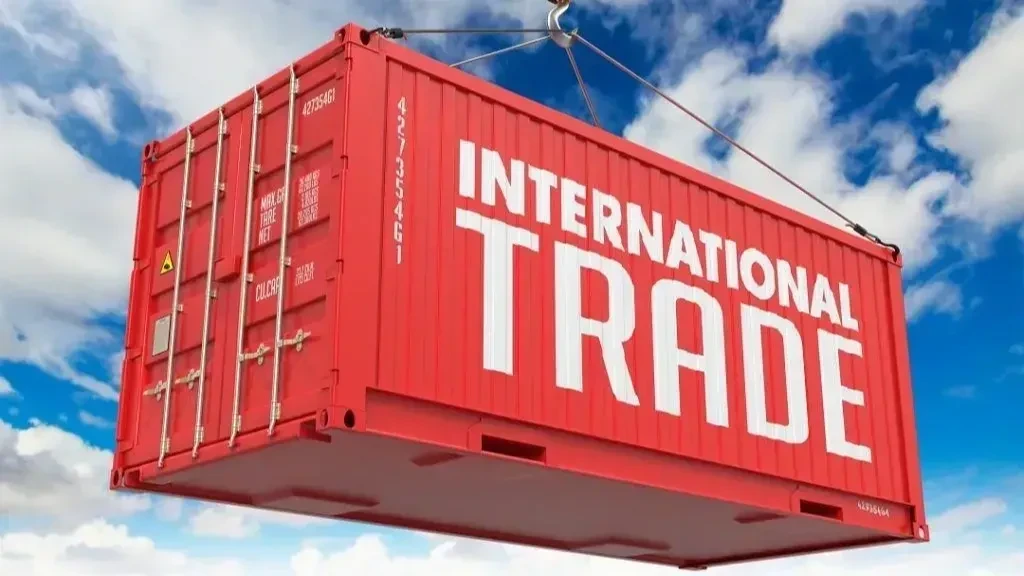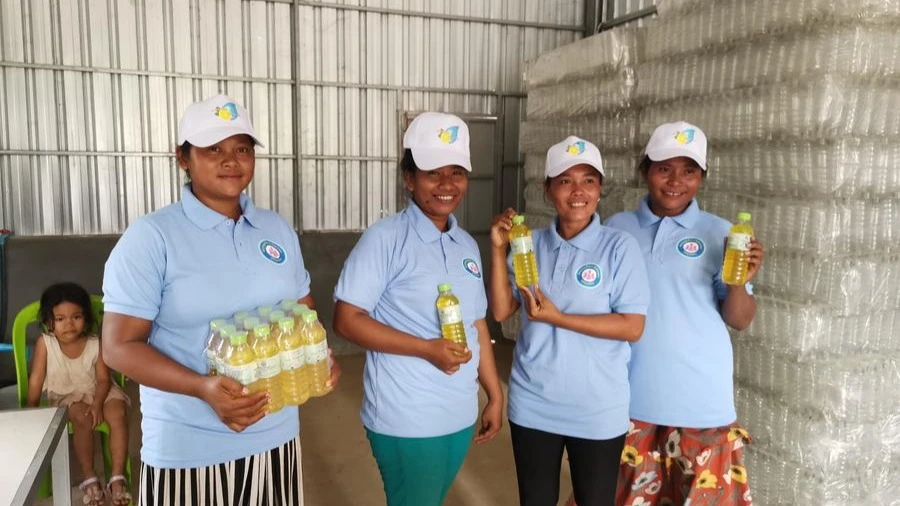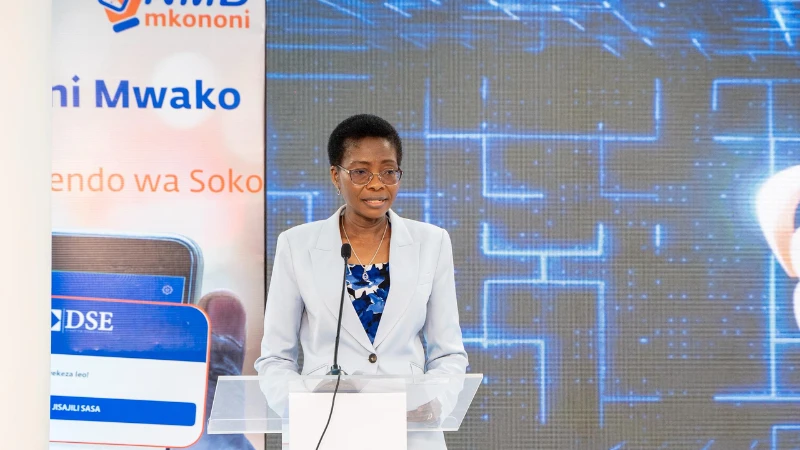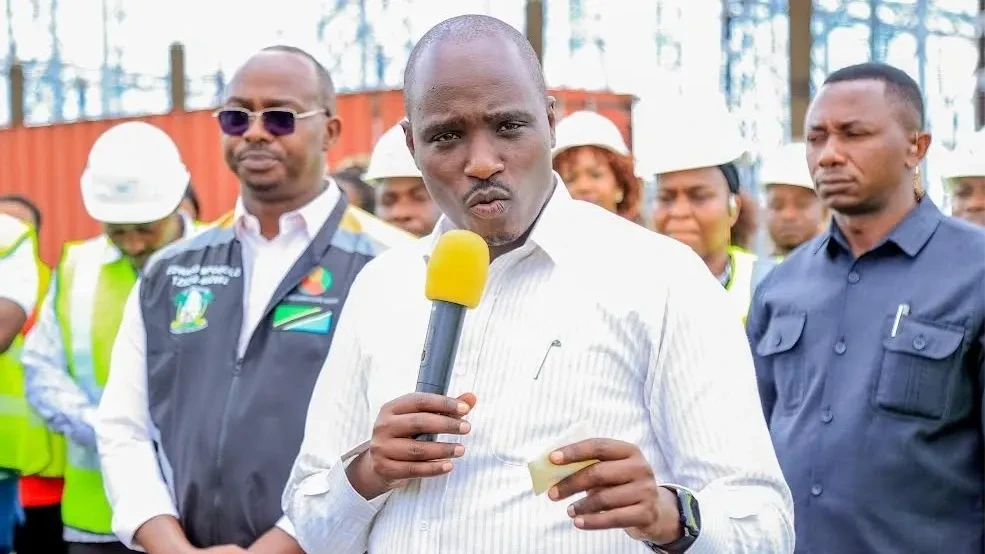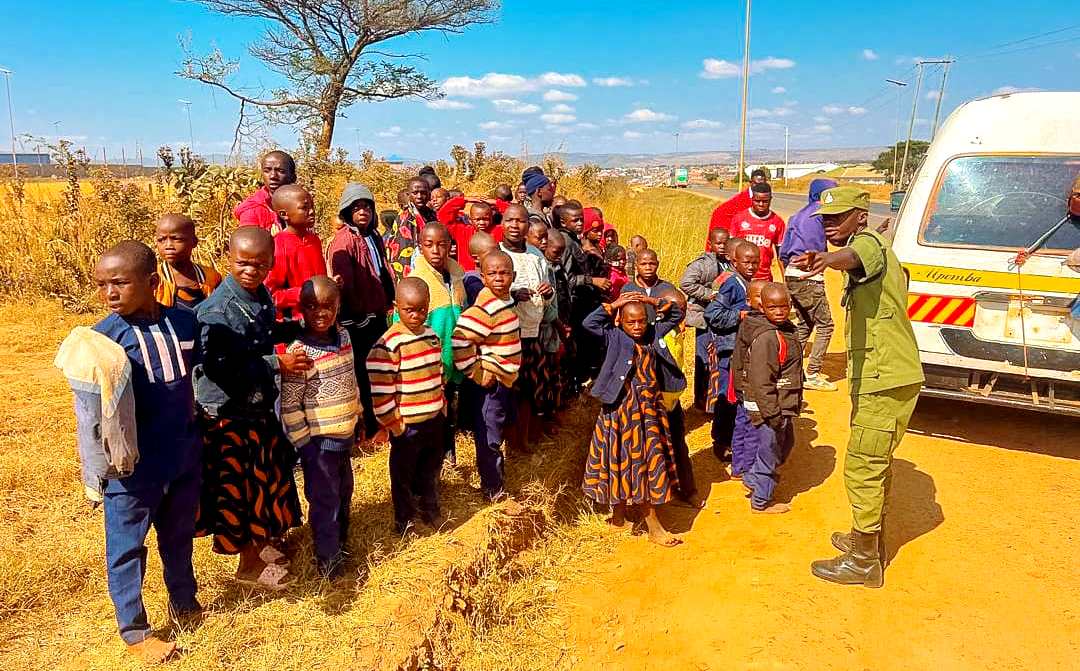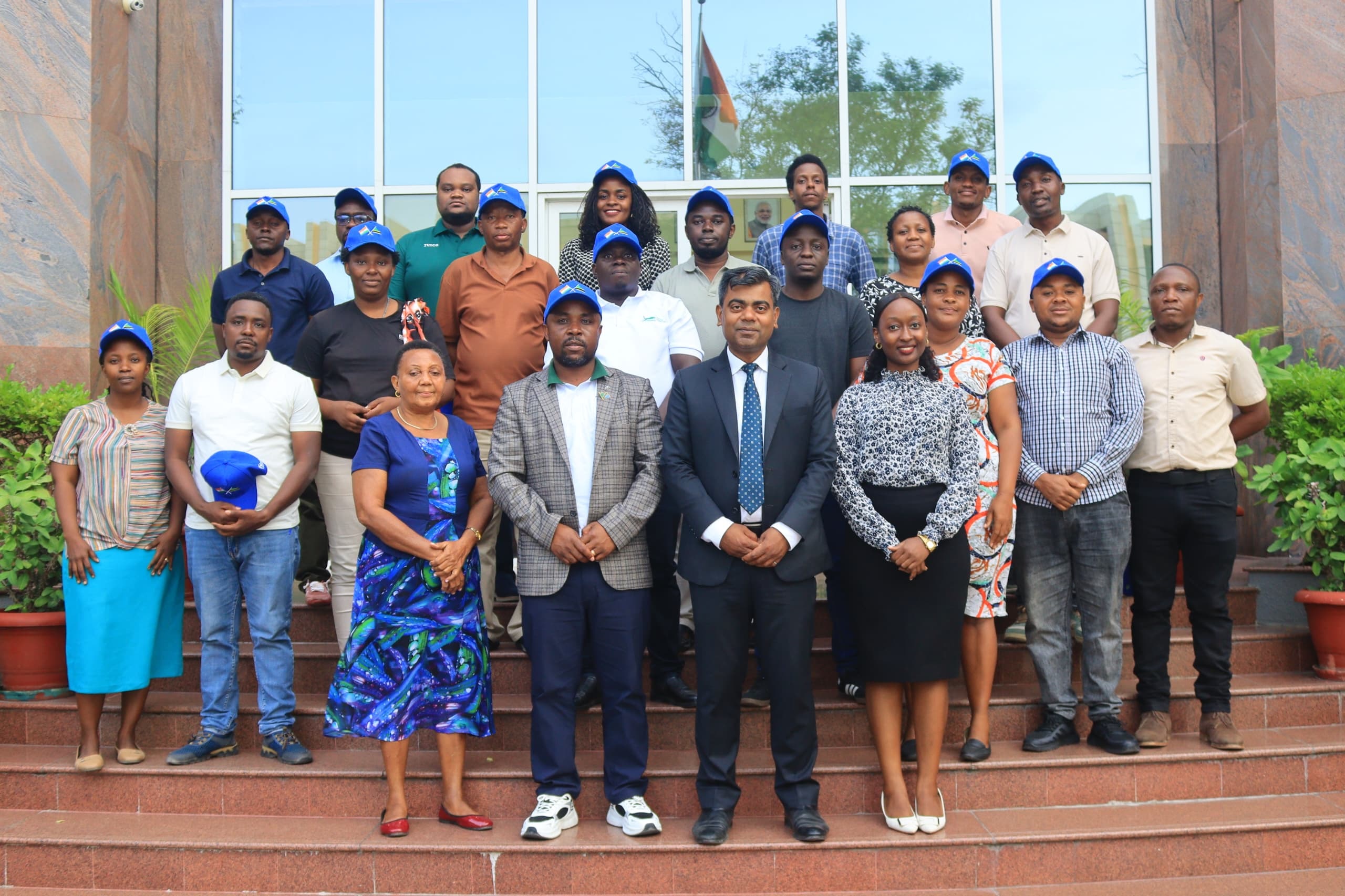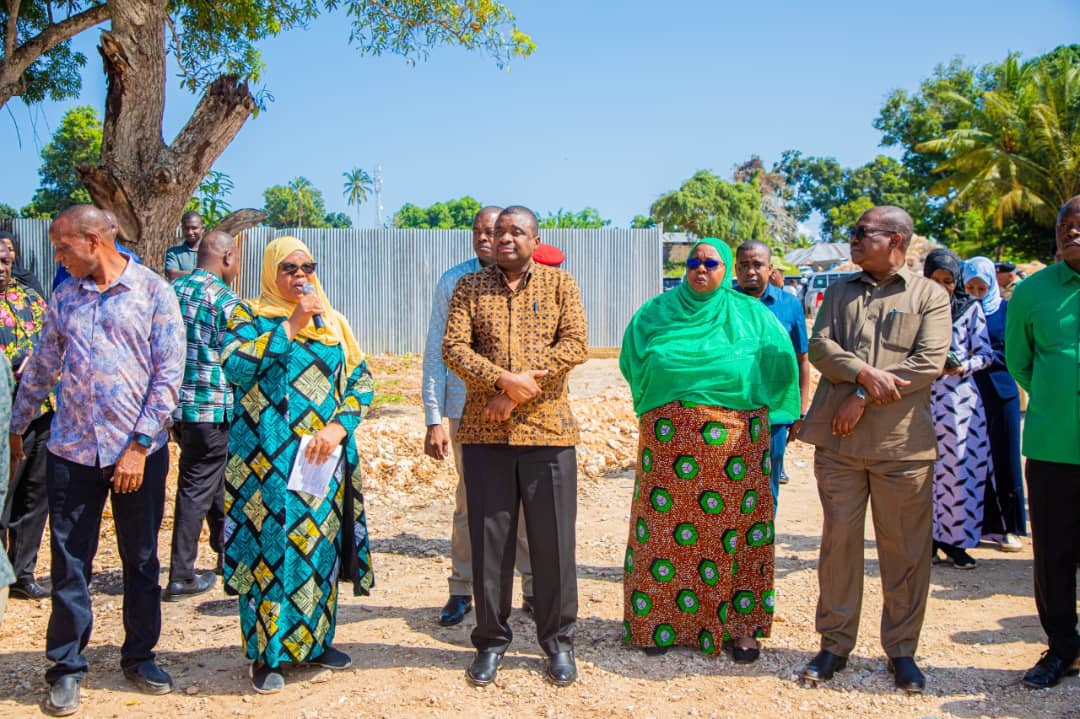The Evidence Is Clear: Invest in Prevention –THPS Urges Sustained Investment in MAT Services to Secure A Drug-Free Future
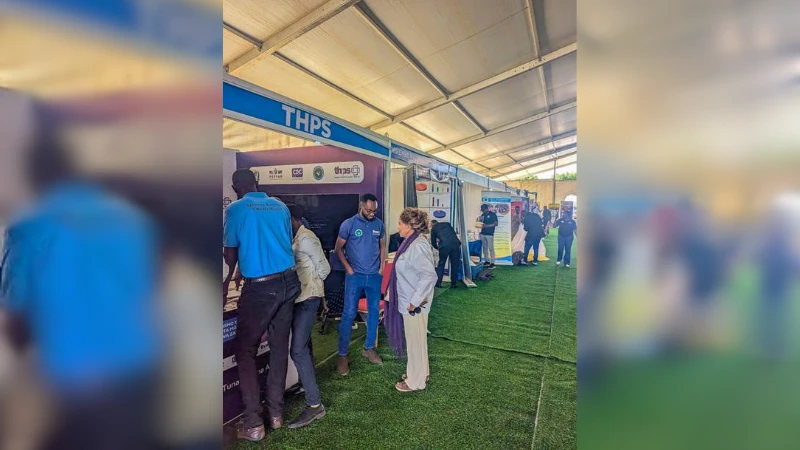
As Tanzania commemorated the International Day Against Drug Abuse and Illicit Trafficking at the Jakaya Kikwete Convention Centre yesterday in Dodoma, Tanzania Health Promotion Support (THPS) renewed its call for increased and sustained investment in Medication Assisted Treatment (MAT) and comprehensive care for people affected by opioid use disorder.
This year’s theme, “The evidence is clear: Invest in prevention,” resonates deeply with THPS’s life-saving work in Tanga and Pwani regions, through its Afya Hatua project. The project has been at the forefront of evidence-based harm reduction interventions—offering real hope and healing to communities burdened by addiction.
Investing in Prevention: A Model that Works
THPS’s Afya Hatua project, funded by the U.S. President’s Emergency Plan for AIDS Relief (PEPFAR) through the U.S. Centers for Disease Control and Prevention (CDC), has become a national example of how prevention, when done right, can transform lives.
At the Tumbi Regional Referral Hospital, Bagamoyo District Hospital, and Tanga Regional Referral Hospital, MAT clients receive free, holistic care, including HIV testing, antiretroviral therapy, tuberculosis and sexually transmitted infection screening, mental health support, and psychosocial counselling—ensuring addiction treatment is not isolated but integrated within wider health systems.
A People-Centred, Sustainable Approach
At the core of the Afya Hatua project is a people-centered, rights-based approach that combines clinical excellence with compassion. Clinics are staffed with trained personnel and equipped with automated methadone dispensers, solar-powered water systems, and modern diagnostic tools to ensure uninterrupted service delivery.
“We’ve built a model that not only treats addiction but also prevents new HIV, TB and hepatitis infections and empowers individuals,” Dr. Mbatia emphasized. “But to keep it going, we need stronger and sustained investment. Our hope is that policymakers and development partners will continue walking with us towards a drug-free Tanzania.”
Community Partnerships: Local Voices, Lasting Impact
Understanding that no institution can win this fight alone, THPS has strategically partnered with four community-based organizations:
- Organization of Youth Against Risk Behaviour (OYARB) – Pwani and Tanga Regions
- Life and Hope Rehabilitation Organization (LHRO) – Pwani Region
- Youth Community Rehabilitation (YCR) – Pwani Region
- Gift of Hope Foundation (GOHF) – Tanga Region
These partners are instrumental in reaching individuals in hard-to-access areas, enrolling new clients, and supporting those who relapse to return to care.
“Our CSO partners help us reach the last mile,” said Dr. Mbatia. “On average, they enroll 30 new clients and re-engage 45 dropouts every month. They are proof that prevention is most powerful when communities lead and when meaningful engagement of people with lived experiences with drug addiction are part of the solution.”
Transforming Lives: Stories of Hope and Healing
During the commemoration, several beneficiaries shared deeply personal stories, offering living proof of the program’s impact.
Mzamilu Shehe Amiri, a 54-year-old former heroin trafficker and user from Tanga, shared his harrowing journey through addiction, prison, and eventual redemption.
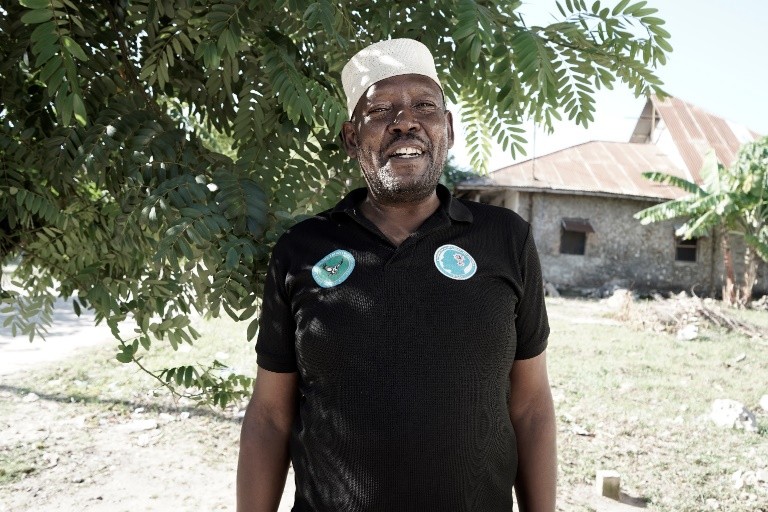
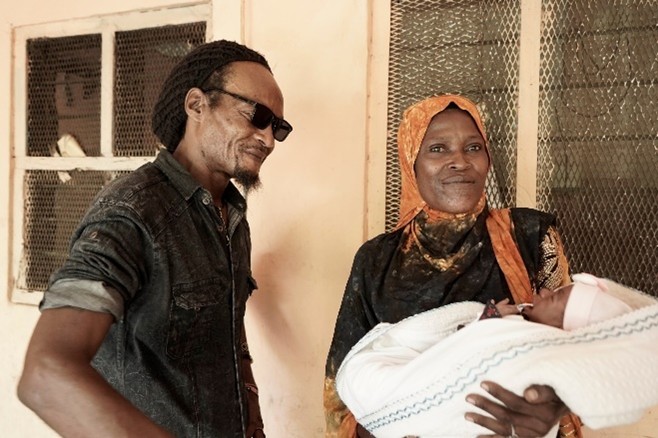
She was living in stigma and isolation before she discovered the MAT program at Tanga Regional Referral Hospital.
“I joined an income-generating group under OYARB and found support, love, and purpose,” she said. “Today, I’m a mother, wife, and empowered woman, free from addiction.”
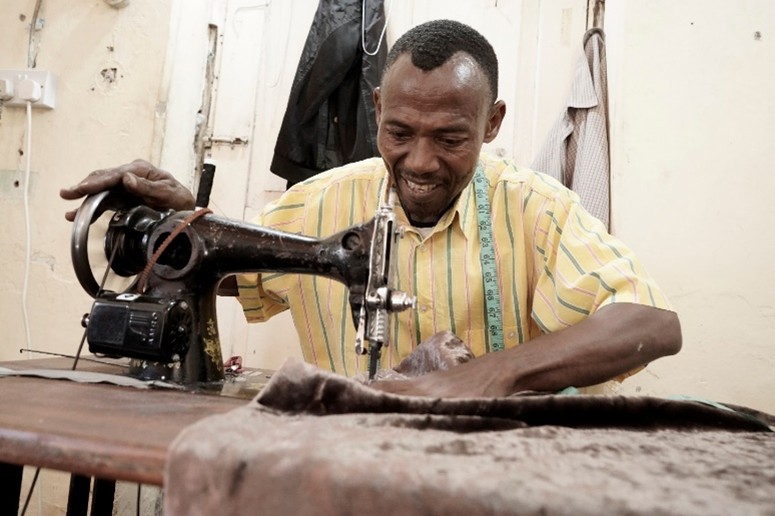
“My addiction stole a decade of my life, but MAT and Gift of Hope Foundation helped me get back on my feet. Today, I run a successful tailoring business, support my family, and live drug-free.”
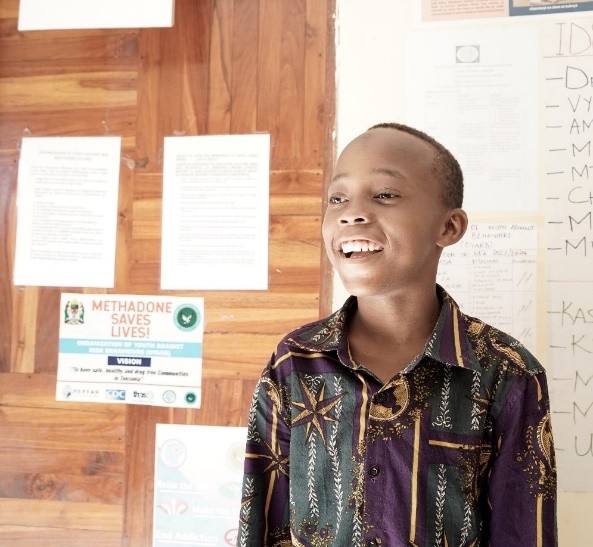
“I was battling sickle cell disease and became addicted to tramadol. I ended up on the streets for four years. Thanks to PEPFAR, CDC, THPS and their partners, I’m now in recovery, reconnecting with my family and dreaming of a better future.”
Scaling Impact: Laying Foundations for the Future
To support and sustain these gains, PEPFAR/CDC through THPS has invested heavily in infrastructure, capacity building, and national coordination. The organization has trained 35 facility staff and 48 community outreach workers, and equipped clinics with advanced systems to ensure uninterrupted service delivery.
“The U.S. Government, through PEPFAR/CDC and our dedicated implementing partners, remains steadfast in its support for Tanzania’s efforts to end the drug epidemic and strengthen systems of care. Together, we have the power to shape a future that is healthier, safer, and full of hope—a future free from the grip of substance abuse.” Dr. George Mgomella, Associate Director of Programmes, Centers for Disease Control and Prevention (CDC) at the U.S. embassy in Tanzania.
Through PEPFAR, new MAT satellite clinics in Chalinze and Muheza, set to open in October 2025, will extend the MAT program’s reach even further — helping those in underserved communities access critical care.
A National Response Rooted in Health and Humanity
With support from PEPFAR/CDC, Tanzania became the first nation in sub-Saharan Africa to introduce methadone treatment. The Tanzanian government, through the Drug Control and Enforcement Authority (DCEA), has continued to expand MAT services nationwide—from 16 to 18 clinics now serving over 18,000 clients. This reflects a growing shift toward balanced, health-driven responses to drug use.
“We commend DCEA for leading a multisectoral approach that includes health, education, law enforcement, and community support,” Dr. Mbatia said. “But to truly build a drug-free future, sustained investment in MAT and comprehensive care must remain a national priority.”
A Call to Action: Sustaining the Momentum
With over 1,241 individuals currently receiving daily treatment and more than 340 successfully discharged and reintegrated into society, THPS’s impact is tangible—but fragile if support wanes.
“Prevention cannot be a one-time effort,” Dr. Mbatia stressed. “We call upon development partners, the private sector, and government stakeholders to invest in sustaining these gains. Together, we can build a healthier, drug-free Tanzania.”
In Their Words: Advocates for Change
“The U.S. Government, through PEPFAR/CDC and partners, remains committed to supporting Tanzania’s fight against drug abuse and strengthening care systems. Together, we can build a healthier, safer, and drug-free future.” —Dr. George Mgomella, Associate Director of Programs, CDC Tanzania.
“The evidence is no longer anecdotal—it is statistical, clinical, and transformational. Our work in Pwani and Tanga is proof that when we invest in prevention, we protect the future.” — Dr. Redempta Mbatia, Executive Director, THPS
The Road Ahead
As the World Drug Day commemorations conclude, the message resounds across Tanzania: Let us not wait for addiction to claim another life before we act. Let us continue to invest in prevention—because the evidence is clear, and the need is urgent.
CDC and THPS’s model shows that with vision, collaboration, and investment, recovery is possible—and a drug-free future is within reach.
Let this not be the end of the conversation, but the beginning of renewed commitment, stronger partnerships, and unwavering investment in the lives of those still struggling in silence.
By Henry Mazunda
Top Headlines
© 2025 IPPMEDIA.COM. ALL RIGHTS RESERVED








